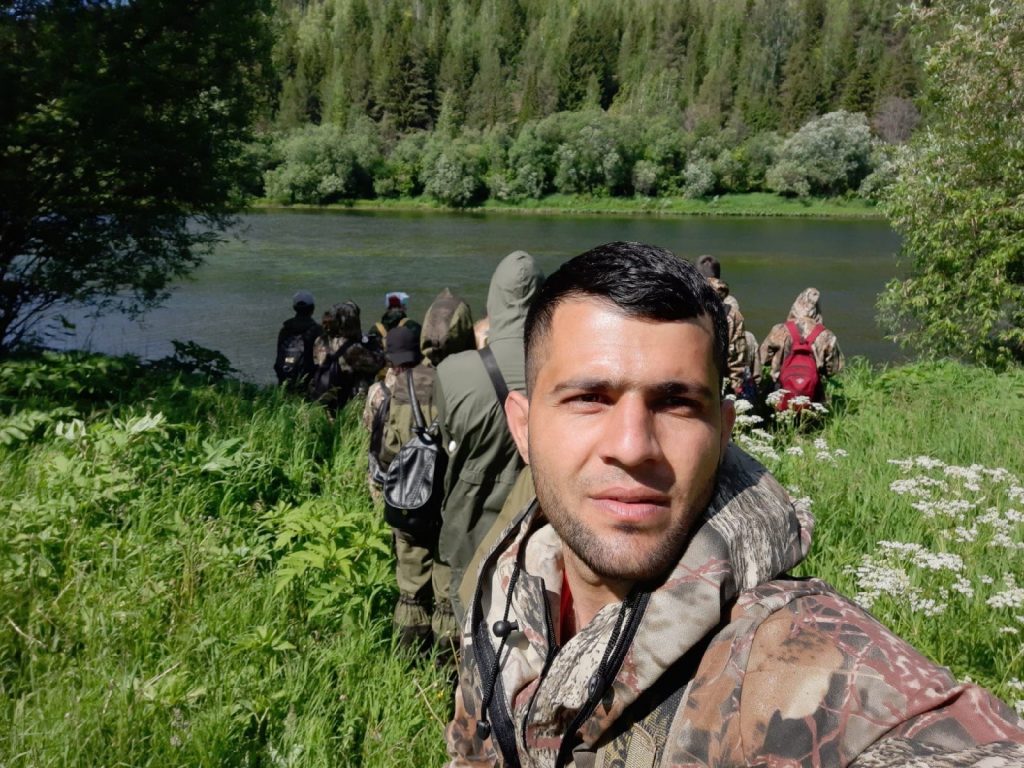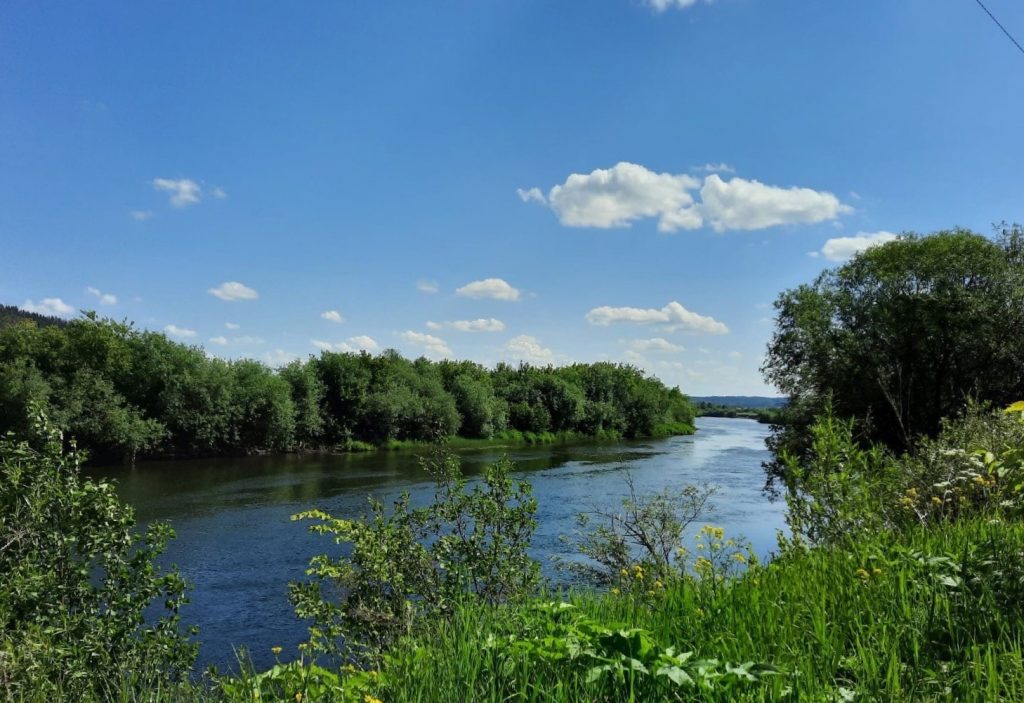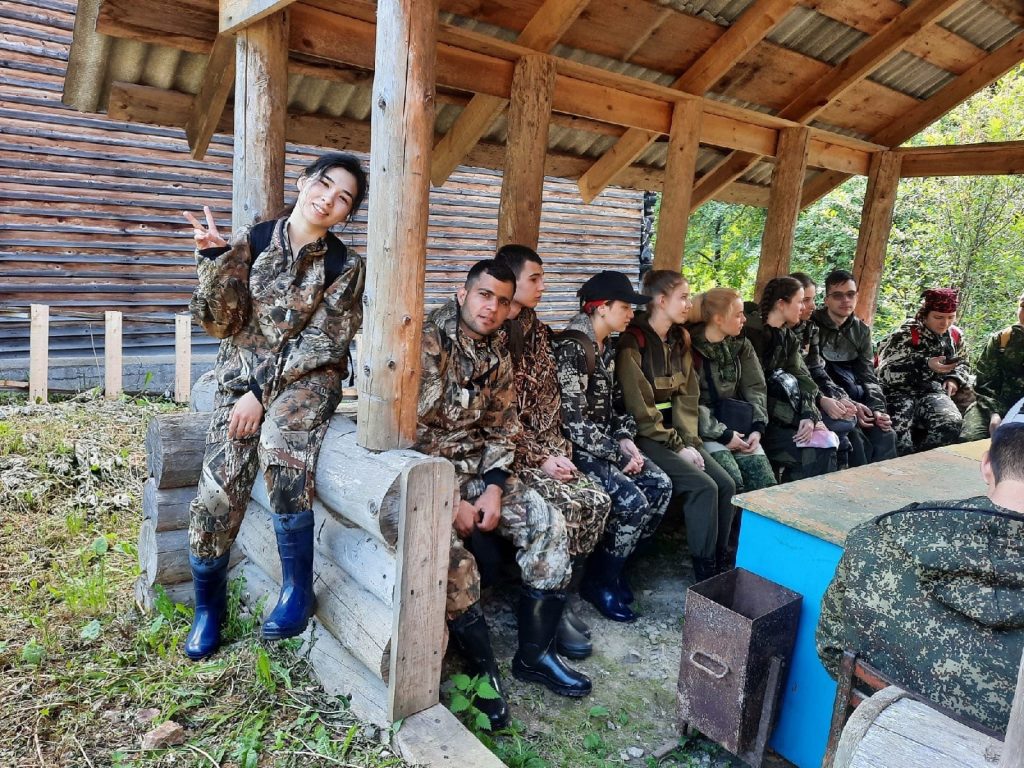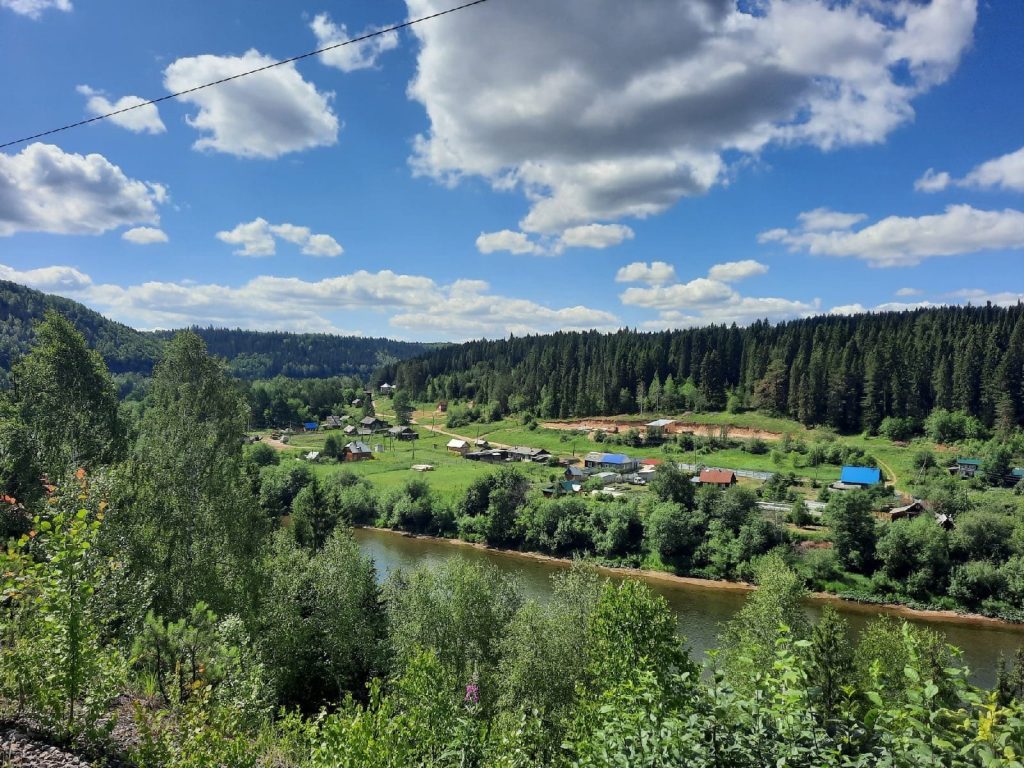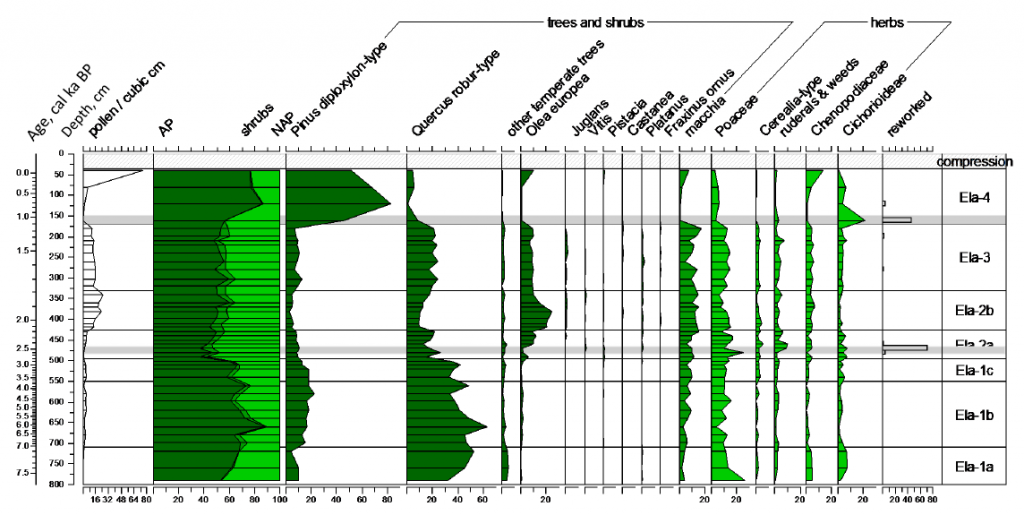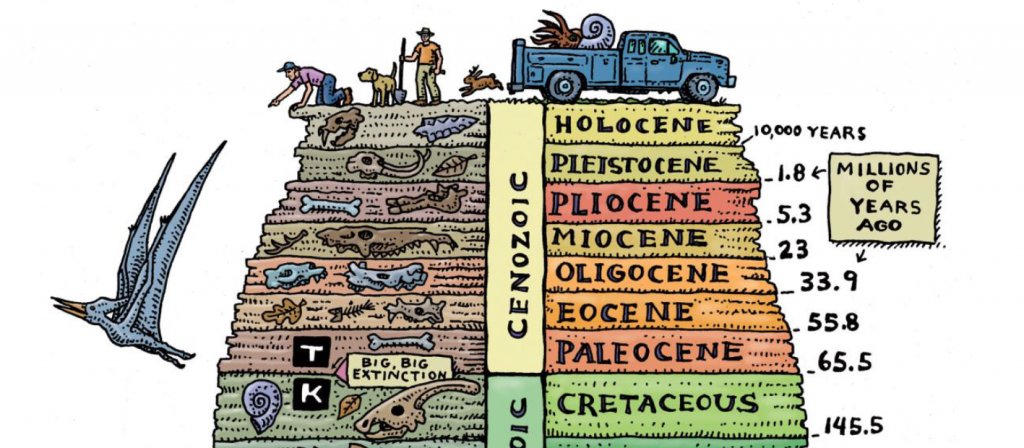Discover the Faculty of Biology with PSU International Students!
International students of the Faculty of Biology, PSU, has attended a summer training course at the Preduralye national reserve, Perm krai, Russia. The course aimed at studying biodiversity of species, methods of collecting and identifying material, and gaining the skill of field research.
Islam Saparov (Turkmenistan): “Going to Preduralye national territory reserve has been truly exciting. Besides studying Botany and Zoology, we did enjoy the local nature and made new friends. Russian students have been very open, positive and interactive.”
The Faculty scholars traditionally explore the diverse wildlife and flora of Perm krai, attribute to solutions within the agricultural complex, conduct research on HIV and Hepatitis C, and step into collaborations with the Faculty of Chemistry at PSU, nationally and abroad.
So, what professions can you get while studying at the Faculty of Biology?
• ecologist: studies, evaluates the condition and protection of flora, fauna, microorganisms;
• environmental engineer: analyzes the ecological challenge and develops measures to reduce recent and potential harm to nature;
• bioinformatist: deals with information contained inside the cell, primarily genome;
• biologist: researches flora and fauna;
• botanist: researches flora;
• engineer and interpreter of telemetry data: supervises operation of mining facilities; carries out harvesting, systematization and analysis of the data received in natural environment;
• geneticist: studies principles and mechanisms of heredity;
• zoologist: studies wildlife and animals;
• microbiologist: studies microorganisms;
• hydrobiologist: studies biological processes in the hydrosphere, and the practical use of biological resources of aquatic ecosystems;
• bioecologist: explores nature and its laws, uses biological systems in economic and medical spheres, solves problems of environmental protection and problems of rational use of natural resources.
Interested? Apply at Perm State University and share your prospects with your friends!

